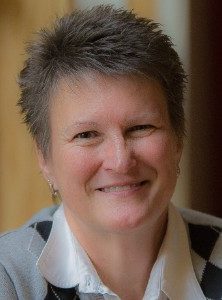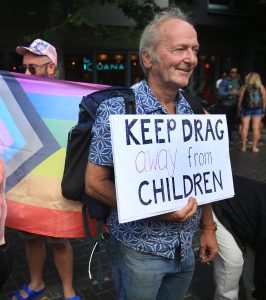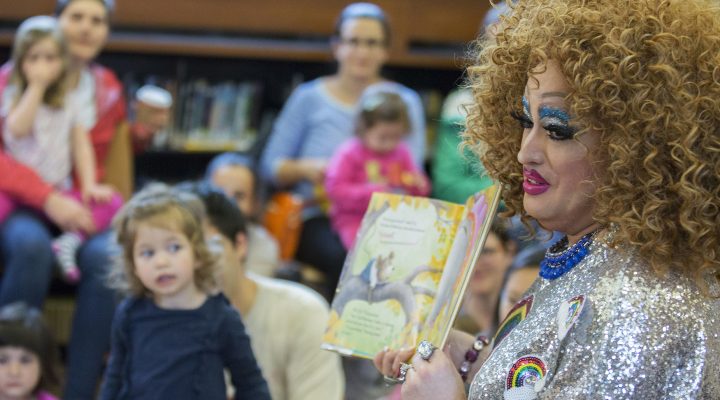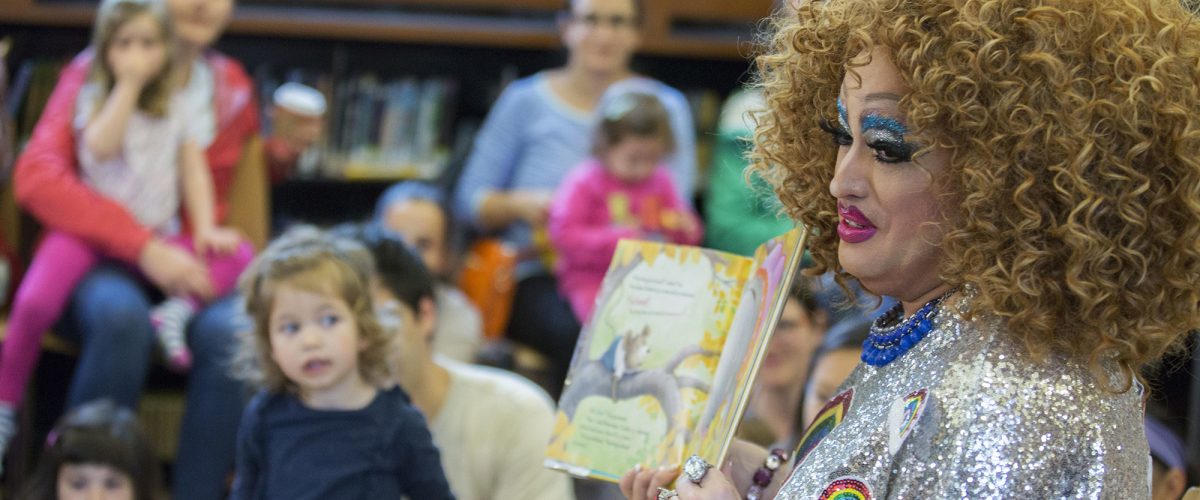Seriously, Christian folks have got to lighten up about Drag Queen Story Hour.
We have an epidemic of predatory pastors, but, yeah, let’s worry about drag queens reading books to children at the local library.
Drag is a performance, part entertainment and part social commentary about gender. Sure, we could have a high-level theoretical conversation about performativity, signaling, homonormativity and gender fluidity, and I have my own critiques of drag, but that’s not the point here.

Susan Shaw
The point is a lot of Christians are freaked out because they think drag queens are grooming children simply by being drag queens in a public space with children present.
Drag Queen Story Hour started in San Francisco in 2015 when Michelle Tea took her baby to library story hours but found them fairly heteronormative — focused on and assuming heterosexual families. So she decided to create something more inclusive, especially for LGBTQ families. And Drag Queen Story Hour was born. The concept soon spread to libraries all over the country where it was well received by children and families who participated.
Of course, not everyone was happy about drag queens reading to children. A petition to the American Library Association to stop Drag Queen Story Hours gathered 100,000 signatures, but the ALA responded by reaffirming its commitment to freedom of speech and ideas.
“The right is using fears about gender and sexuality to enlist new followers and to distract from their own current scandals.”
Today, attacking drag queens reading to children serves as a convenient strategy to let the religio-political right avoid looking at their own house. The right is using fears about gender and sexuality to enlist new followers and to distract from their own current scandals, including clergy abuse and insurrection. It’s much easier to play on old stereotypes about predatory gay men than to address the beams in their own eyes.

A protester against drag queens reading to children holds a sign as protesting groups come together outside Jubilee Library on August 4, 2022, in Brighton, United Kingdom. (Photo by Martin Pope/Getty Images)
Certainly, sexuality is a component of drag. Many drag performers are gay men. Not all. Drag does suggest that queer sexuality is not deviant. That’s not grooming. And, in fact, hearing that message early on may mean the children in the audience who grow up to be queer are better able to accept themselves and less likely to kill themselves, although there does seem to be a sense among many on the right that it is “better dead than queer.” Some on the right even want an America where we execute queers.
Now, that’s not to say drag isn’t a threat. Drag is an incredible threat — to gender norms that subordinate women and vilify LGBTQ people — and that’s what the right is really afraid of, that drag might cause people to rethink gender and sexuality, that they might further lose their grip on power over straight women and gender and sexual minorities.
Children themselves are exploring gender. Think how many little boys may want to wear a princess costume before social constraints shame them from doing so. Lots of little girls want to be pirates and play baseball. Drag queens might help them think that’s OK.
“Incarnation is a kind of drag, isn’t it?”
You may be wondering what the Bible has to say about all of this. Well, incarnation is a kind of drag, isn’t it? At the center of our faith is a story of God taking on, performing, humanity and thereby redeeming humanity. Incarnation isn’t “God in a bod.” Incarnation is God’s stamp of approval on our humanity, a statement of God’s radical inclusiveness of our humanity. It’s a reminder, as our Quaker siblings would put it, that there is that of God in every person.
Feminist theorists remind us that gender itself is a performance. Within our cultures we learn to act like the gender we’re assigned at birth. After all, there’s no immutable biological reason women should wear dresses, paint their nails, carry purses, and wear pantyhose. Nor is there any inborn requirement that men get to have all the pockets, have pant sizes that take waist measurement and height into account, or don’t have to shave their legs.
So desperate are we to reinforce this illusion of gender that we distinguish fashion by which side of the shirt buttons are on, we charge women and men different prices for dry-cleaning said shirts, and we have gender-segregated bowling.
Drag queens upset all of that. So does the gospel, really. The good news is that in God’s community we are all welcome to live as our authentic selves, neither male nor female, male and female.
Susan M. Shaw is professor of women, gender and sexuality studies at Oregon State University in Corvallis, Ore. She also is an ordained Baptist minister and holds master’s and doctoral degrees from Southern Baptist Theological Seminary. Her most recent book is Intersectional Theology: An Introductory Guide, co-authored with Grace Ji-Sun Kim.
Related articles:
How a student’s fashion design project upset the created order at Bob Jones University | Analysis by Rick Pidcock
The gospel according to mammals | Opinion by Tyler Tankersley
Georgia representative says Christian nationalism actually is a good thing


